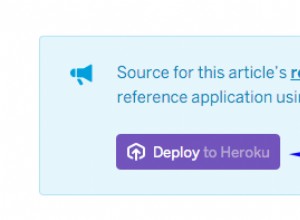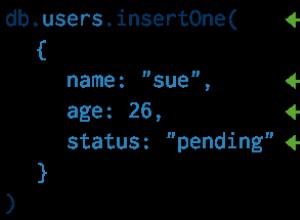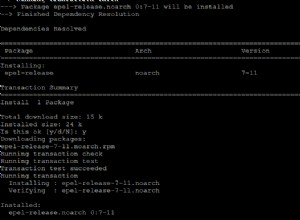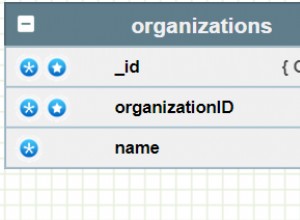Eu resolvi isso usando um CustomizedTypeAdapterFactory. Veja esta pergunta
Basicamente, primeiro escreva um adaptador personalizado:
public abstract class CustomizedTypeAdapterFactory<C>
implements TypeAdapterFactory
{
private final Class<C> customizedClass;
public CustomizedTypeAdapterFactory(Class<C> customizedClass) {
this.customizedClass = customizedClass;
}
@SuppressWarnings("unchecked") // we use a runtime check to guarantee that 'C' and 'T' are equal
public final <T> TypeAdapter<T> create(Gson gson, TypeToken<T> type) {
return type.getRawType() == customizedClass
? (TypeAdapter<T>) customizeMyClassAdapter(gson, (TypeToken<C>) type)
: null;
}
private TypeAdapter<C> customizeMyClassAdapter(Gson gson, TypeToken<C> type) {
final TypeAdapter<C> delegate = gson.getDelegateAdapter(this, type);
final TypeAdapter<JsonElement> elementAdapter = gson.getAdapter(JsonElement.class);
return new TypeAdapter<C>() {
@Override public void write(JsonWriter out, C value) throws IOException
{
JsonElement tree = delegate.toJsonTree(value);
beforeWrite(value, tree);
elementAdapter.write(out, tree);
}
@Override public C read(JsonReader in) throws IOException {
JsonElement tree = elementAdapter.read(in);
afterRead(tree);
return delegate.fromJsonTree(tree);
}
};
}
/**
* Override this to muck with {@code toSerialize} before it is written to
* the outgoing JSON stream.
*/
protected void beforeWrite(C source, JsonElement toSerialize) {
}
/**
* Override this to muck with {@code deserialized} before it parsed into
* the application type.
*/
protected void afterRead(JsonElement deserialized) {
}
}
E então crie uma subclasse para todas as classes que precisam ser levadas em consideração. Você precisa criar um para cada classe contendo um long (neste caso). Mas você não precisa serializar nada além do valor longo (e quaisquer outros valores específicos do bson)
public class MyTestObjectTypeAdapterFactory extends CustomizedTypeAdapterFactory<MyTestObject>
{
public MyTestObjectTypeAdapterFactory()
{
super(MyTestObject.class);
}
@Override
protected void beforeWrite(MyTestObject source, JsonElement toSerialize)
{
//you could convert back the other way here, I let mongo's document parser take care of that.
}
@Override
protected void afterRead(JsonElement deserialized)
{
JsonObject timestamp = deserialized.getAsJsonObject().get("timestamp").getAsJsonObject();
deserialized.getAsJsonObject().remove("timestamp");
deserialized.getAsJsonObject().add("timestamp",timestamp.get("$numberLong"));
}
}
e, em seguida, gere Gson com:
Gson gson = new GsonBuilder().registerTypeAdapterFactory(new MyTestObjectTypeAdapterFactory()).create();




